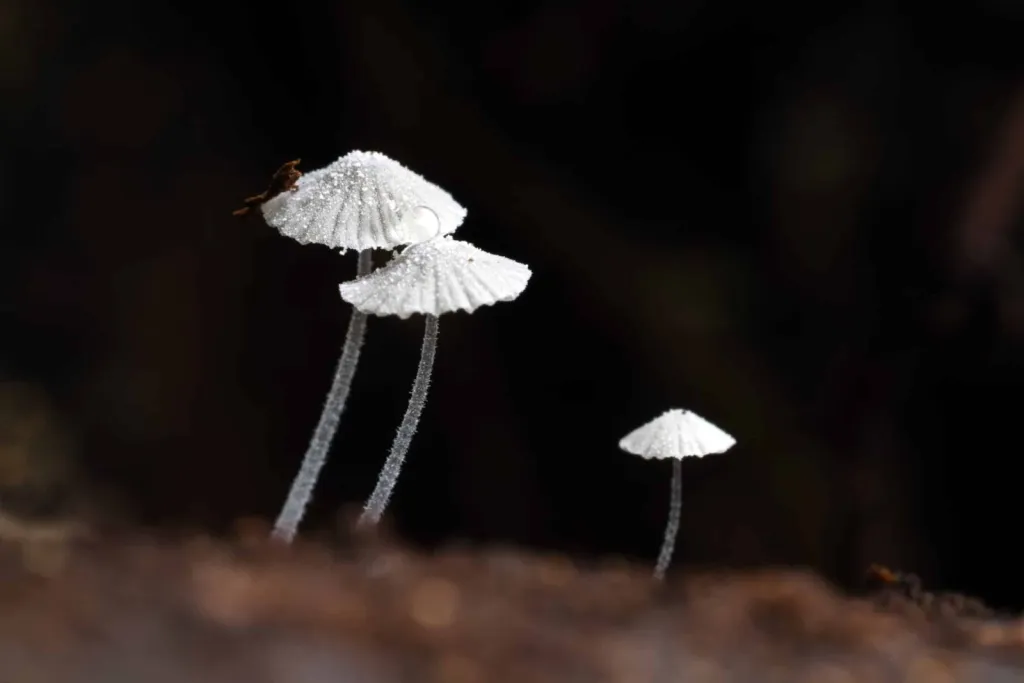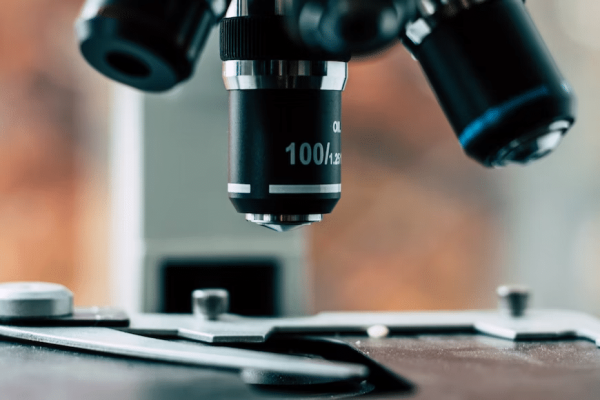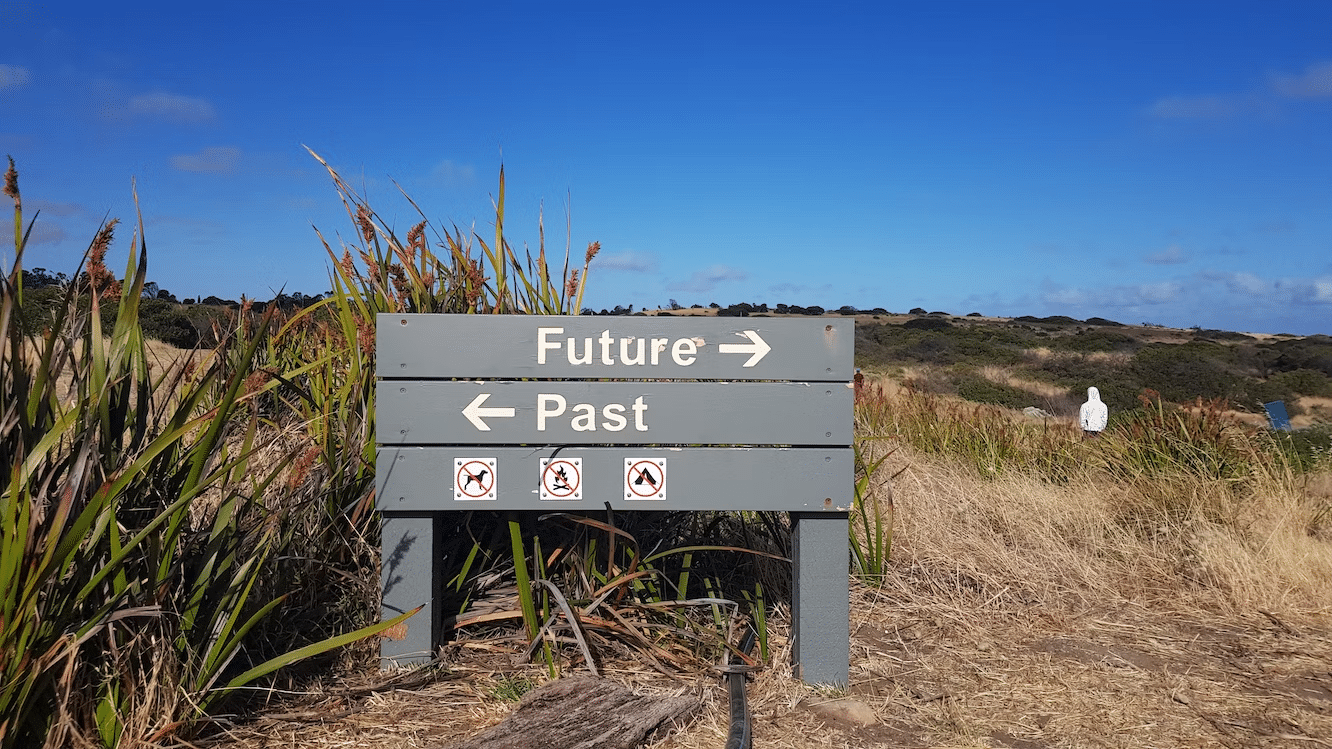Psilocybin Mushroom Spore, The study of psilocybin mushroom spores is a forward-thinking field that may improve our future. As tech advances and people get involved, we’re finding more ways to harness the power of these fascinating organisms.
Studying spores deepens our understanding of the natural world and offers practical perks. This knowledge may support ecosystem preservation and increase access to medicinal compounds. It’s vital for the health of our planet and society.
Join us to learn about the current trends and emerging knowledge in spore science. We discuss cutting-edge solutions and emphasize ways ordinary people contribute to meaningful research.
Current Trends and Future Frontiers

Psilocybin mushroom spore research is a relatively new field. Scientists from the 20th century focused on shrooms’ cultural and spiritual value. They later delved into cultivation and species collection. In both cases, spores acted as a vehicle for exploring the fruiting bodies.
But not anymore. Since going microscopic became a trend in science, we started seeing spores as a gold mine of information.
Advancements in technology made it easier to study the genetics and biology of psilocybin. In particular, there’s interest in understanding the genetic basis for psychoactive compounds: what makes a mushroom “magical.”
Modern researchers also use microscopy to study the structure and function of spores for species identification. Their role in mushroom reproduction, spread, and evolution is another focal point.
As interest in psilocybin mushrooms grows, there’s increasing collaboration between scientists and industry. It primarily shows in the development of new technologies.
Emerging Technologies and Techniques
Technology plays a crucial role in advancing science, and the field of spores is no exception. With the recent emergence of new technologies, we now conduct more detailed and accurate analyses of these tiny cells.
Notable trends in spore research technology include:
- Advanced imaging and microscopy capture detailed images of spores. We can study their shape, size, and other characteristics in detail.
- CRISPR gene-editing tools can modify the genetics of psilocybin mushrooms. For instance, scientists may enhance their medicinal properties.
- High-throughput sequencing methods analyze large quantities of spore samples. It provides valuable data on cell behavior and variation.
Citizen science is another aspect of psilocybin mushroom spore research, letting members of the public promote scientific advancements. Individuals can now access apps for data collection and online platforms for information sharing.

What Does the Future Hold?
With fascinating science trends and exciting predictions, magic mushroom spore science has never been more prolific. We can only speculate on the future, but the current information can lead to various well-informed guesses.
Biotechnology
Biotechnology is a major trend across industries. In the context of psilocybin mushroom spore research, biotech finds new uses for these cells. It may also develop new methods for producing and utilizing psilocybin.
The production of psilocybin using biotechnology has garnered significant attention. We now may use genetically modified strains and bioreactors to get this compound. These methods offer greater purity, consistency, and scalability than traditional extraction.
Beyond medical applications, spores can generate biofuels. They contain large amounts of lipid and carbohydrate molecules, reducing our dependence on fossil fuels.
Spore Preservation
Preservation is another key trend. With many shroom strains facing ecological and legal threats, it became essential to maintain their genetics for future research.
We currently rely on spore printing in hobbyism and cryptopreservation in professional settings. Both techniques are effective and create a wealth of information, but spores still die with time.
New preservation techniques are an active area of research that could maintain these cells for centuries. For example, magnetic fields may preserve spores and offer non-invasive long-term storage and transportation.
Spore Dispersal
Spore dispersal is an important aspect of ecology. Spores are the primary means of reproduction for mushrooms, and their dispersal helps them survive and colonize new habitats.
Mushroom spores produce fruiting bodies, which decompose organic matter, cycle nutrients, maintain soil health, and feed organisms. By studying them, we can determine which species match which ecosystems and regenerate depleted areas.
Efforts are underway to understand spore dispersal and strategies to enhance it. We may develop new techniques and establish citizen science projects to monitor colonization patterns.
Integration of Citizen Science
Hobbyists contribute to the advancement of psilocybin mushroom spore research. With affordable technology like microscopes and DNA sequencers, citizen science has become more accessible than ever.
One potential area of citizen involvement is the collection and analysis of spore samples.
With proper training and protocols, amateurs could collect samples from areas that have not been previously studied. They may identify new species or strains with unique properties.
The development of new technologies for spore analysis is yet another notable area for citizen involvement. With the help of populations, researchers could gather datasets and train machine learning algorithms to identify species.
From Spores to Breakthroughs
Psilocybin mushroom spore research is a rapidly expanding field, with many opportunities for future exploration. We’re yet to understand the fifth kingdom, but when we do, it may support our survival as a species.
Predictions involve genetics, environmentalism, and technology. We may see sustainable and biotech-driven spore use, preserved cells, and novel strains. Cooperating with individuals helps cover more ground and make discoveries.
Anybody interested in this field can visit our store, order lab-grade spore syringes, and engage in amateur microscopy at home. Otherwise, stay tuned to our blog and keep up-to-date with the latest developments.
All of the content and images on our site are for informational reference only. The cultivation of psilocybin mushrooms is federally illegal in the United States. We do not promote the cultivation of psilocybin “magic” mushrooms under any circumstances. Do not contact us asking for advice related to this subject. Any products found on this site are for microscopy and taxonomy purposes only. None of the psilocybin mushroom spores we offer are for consumption or cultivation. We do not sell any products containing psilocybin.

